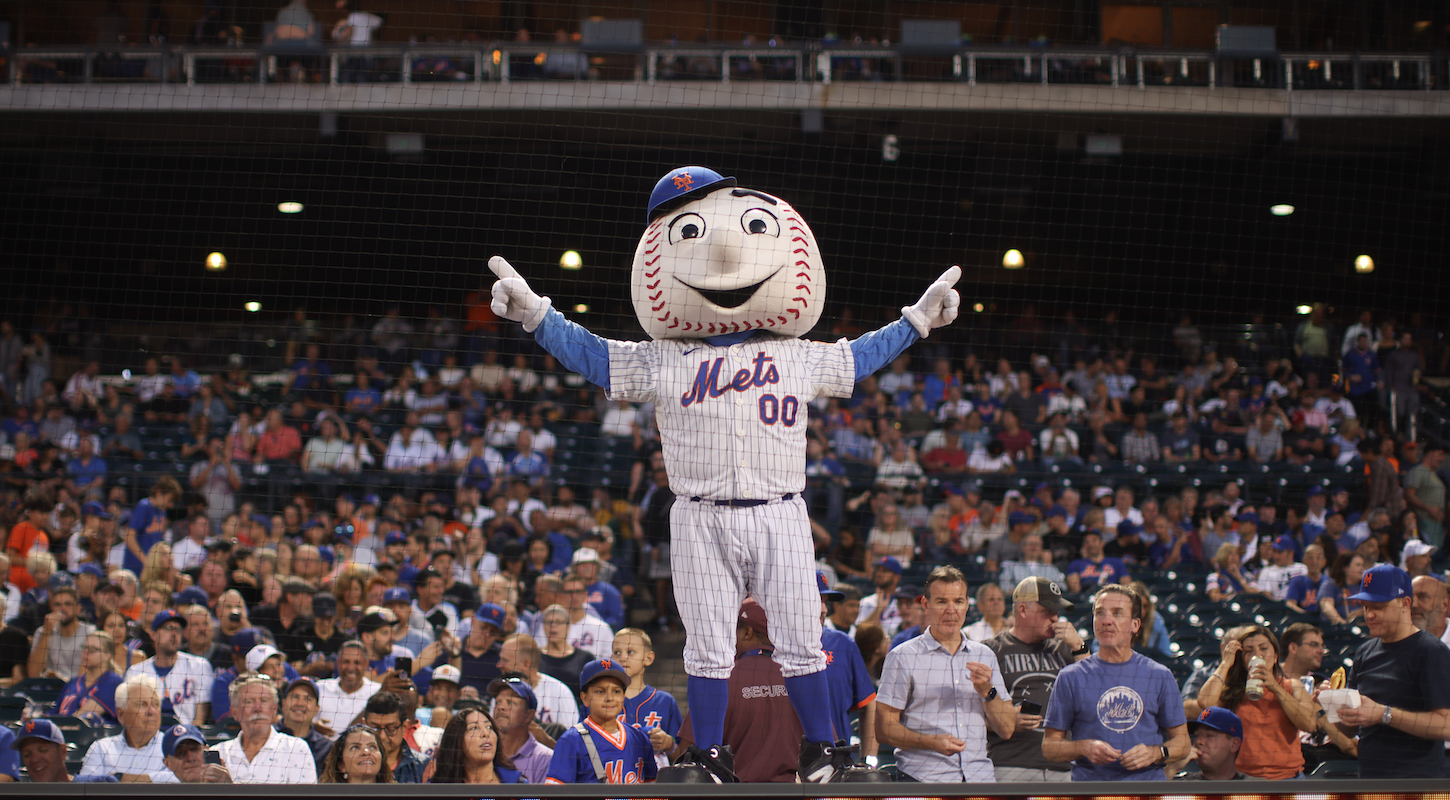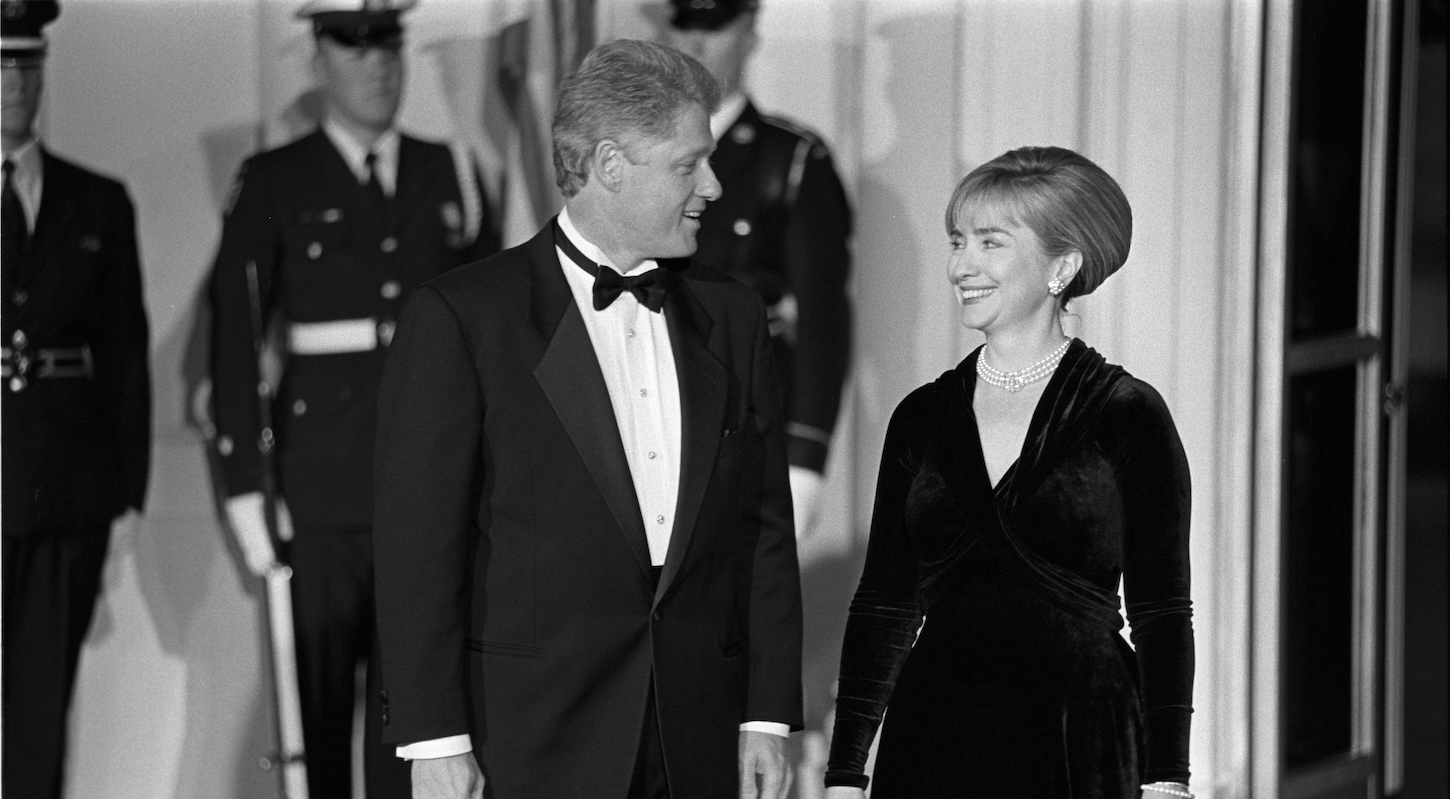With their witching-hour Wednesday-morning signing of Carlos Correa, the New York Mets reportedly will be on the hook for something like half a billion dollars in player salary and luxury-tax penalties next season; the franchise has committed something in the neighborhood of $800 million in salary to nine guys just since free agency opened. Few behaviors in life are more pathetic than when fans—or really anybody but team accountants—police the payroll spending of sports franchises; the above figures are meaningful to all the rest of us only as indices of the Mets' intent to get really good, really fast.
That's pretty new for the Mets! From 1987 to 2020, you might recall, infamous cheapskate Fred Wilpon ran the club, first as co-owner and then, after 2002, solely. Wilpon never met a dollar he didn't want to entomb in a salt cavern, except for the ones he gave to Bernie Madoff; at their very most profligate the Mets under his family's stewardship treated spending on player salary and, like, baseball infrastructure as two sides of a zero-sum game, so that you could have either the good pitcher or the medical and training staff necessary to keep his arm attached to his body, but never both, and then eventually neither. The other thing you may remember about the Mets during that period is that, overwhelmingly, they sucked.
Now the Mets are the property—or something like 97-percent the property—of hedge-fund gazillionaire Steve Cohen, who has decided to treat the club like the deep-pocketed huge-market Goliath it always has been. This is great news for baseball players who like getting paid a lot of money, of course, but also it is wonderful news for New York Mets fans. There are good players out there for the hiring, and the Mets want to hire them, and will pay what it takes to do so! Alas, not all Mets fans can appreciate it. Some of them have Loser Brain.
As a kid growing up in NYC, I loved the @Mets because they were plucky underdogs. Now they're the team anyone who loves baseball should root against, with a disreputable owner who is so blatantly trying to buy a title that you have to hope he fails. https://t.co/fqrBiZAHzM
— David Axelrod (@davidaxelrod) December 21, 2022
That's CNN politics commentator David Axelrod, former Obama administration and campaign guy, with just about the most perfect articulation of terminal Loser Brain imaginable. Now—now!—it feels bad to root for the Mets. Now that they have an owner who wants to outbid other owners for the services of baseball players who are very good at baseball, for the sake of making the baseball team very star-studded and good and exciting to watch, now anyone who loves baseball should root against them. Unlike before, when baseball lovers could feel good about rooting for the Mets, because the organization pluckily impoverished its sole product—baseball—in order that its owner could squirrel away more of the operation's money for himself.
Incredible! Imagine applying this logic to absolutely any other sphere of life. Growing up in New York, I loved Lou's Subs & Pizza because what the menu called "pastrami" was actually stray cat meat and the restroom (pluckily!) was just a mop bucket adjacent to the microwave where they cooked the pizza. Now that they've paid out for an actual pizza oven and toilets and put those things in whole separate rooms from one another, anyone who loves dining out should hope the place burns down. This, I hope, is the end stage of the affliction that made some Nationals fans applaud their team for trading away Juan Soto to save money; that has had a sector of Orioles fans for years on end cheering on the most cynical tank job imaginable; that inspires a certain stripe of wised-up guy to pump his fist in perverse triumph when the baseball team he roots for jerks around the service-time of a hotshot prospect, squeezing more cheap years out of him instead of just putting him on the field to do cool stuff in front of the people who came there to watch baseball. This is breathtaking derangement.
What even are you rooting for? Only very slightly extrapolated, the position undergirding Axelrod's complaint is that, for a fan, your team sucking and losing on purpose is somehow more rewarding than when it takes chances in the effort to be good and successful. That for a fan, rooting for that former arrangement feels good and righteous. That for a sports-team owner, more honorable than pouring money into the product and competing against the other owners for the services of good players—"trying to buy a title," in Axelrod's formulation—is to putz around in cheap intentional mediocrity indefinitely until you luck into a few special talents who can't yet demand market rates for their work, and only keep them around until they can.
The slightest prodding reveals this complaint as fundamentally at odds with free agency, with self-determination for pro ballplayers—but you don't even have to go that far, because it's also all but explicitly rooting against the team you root for! As a baseball lover, I want my team to shit ass year after year forever; I want a cheapskate owner who pinches pennies and forces the club to operate under self-imposed choking constraints, dooming it to failure after failure. I admire the clubs that dare to offer their fans nothing. To me this is pluck, and I like to invest my hopes in it. Pervert shit. Disgusting.
A pattern of thought as sick as longing for a return to Fred Wilpon's style of ownership could only spring forth from the mind of a former Obama lackey, all of whom remain to this day hardwired to romanticize intentional failure. David Axelrod just wants to root for the sporting equivalent of the Affordable Care Act.






